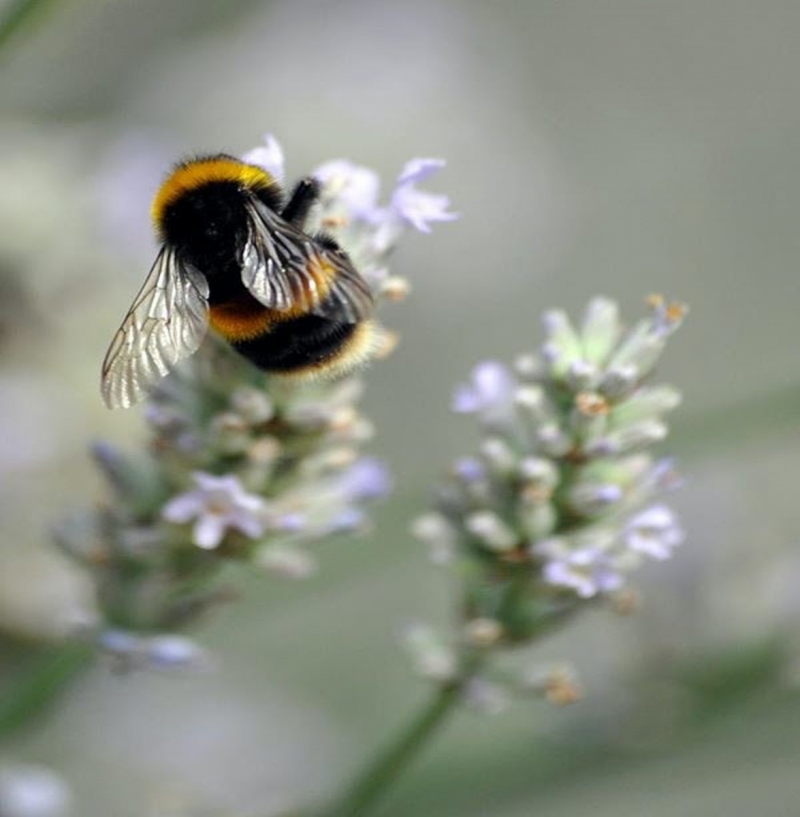On World Bee Day, it is compelling to highlight that the level of protection of bees against pesticides remains far from optimal in the EU. While bee-toxic sulfoxaflor insecticide was banned earlier this year, Member States and the European Commission keep opposing to giving priority to bees’ protection, over agribusiness’ interests.
On 20 May, environmentalists celebrate World Bee Day. Despite the positive messages given by politicians, and massive public support for increasing bees’ protection against pesticides, facts show that the European Commission and EU Member States in the majority constantly drag their feet when it comes to making their promises turn into reality.
- A ban on Sulfoxaflor. Starting with the positive news: after years of fight from the environmentalists, bee-toxic sulfoxaflor has been finally banned earlier this year. Despite the opposition of numerous Member States, the European Commission stood firm and proceeded with the ban. Thank you, Commissioner Kyriakides.
- Flupyradifurone: same toxicity but…not too fast. Following the information provided 2 years ago by Bayer on the higher toxicity of flupyradifurone on a specific species of wild bees, and despite the fact that more and more publications show excessive toxicity of this substance on bees, Member States and the Commission keep delaying a ban. Flupyradifurone (like Sulfoxaflor) is a new-generation neonicotinoid insecticide and the slowness of Member States to ban it highlights once more their bad will to protect bees.
- A guidance document to protect honey bees? Since 2013, a “guidance document to assess the toxicity of pesticides on bees”, produced by the European Food Safety Authority, has been pushed back by Member States who fear many agrochemicals would be banned because they are too toxic to bees. Last year, Member States agreed to allow killing 10% of the bees from a honey bee colony exposed to a pesticide. When one knows that honey bees are exposed to dozens of pesticides all year round, this decision is simply unacceptable…and in total contradiction with the objectives of the Biodiversity Strategy from the European Commission.
- And what about wild bees? There are around 2000 species of wild bees in the EU. Many of them are threatened with extinction. They provide the majority of pollination services we benefit from! Scientific evidence shows a series of bee species are more susceptible to pesticides than honey bees. They thus need better protection, but despite their major importance, Member States and the European Commission are discussing since months what level of (un)protection to give them.
- And in the meantime…neonicotinoids continue to be used in the EU. Despite the ban on the use of neonicotinoids from 2018, countless derogations are provided by Member States so that their farmers keep using these highly toxic substances. Despite the numerous complaints sent by PAN Europe, the European Commission turns a blind eye to these abuses. For this reason, PAN Europe took the matter to the Court of Justice of the EU, confronting the Belgian State, and the European Commission.
A few months ago, a European Citizens Initiative succeeded in collecting 1.18 million signatures of EU citizens, asking for a phase-out of synthetic pesticides by 2035, to protect bees, the environment, and people’s health. These few examples show citizens’ concerns and requests to better protect bees and insects are constantly ignored by decision-makers.
PAN Europe will keep working on obtaining the highest possible level of protection of bees against pesticides while putting pressure on the European Commission and Member States to finally give priority to citizens’ health and the environment.
Contact: Martin Dermine, +32 486 32 99 92, martin [at] pan-europe.info
